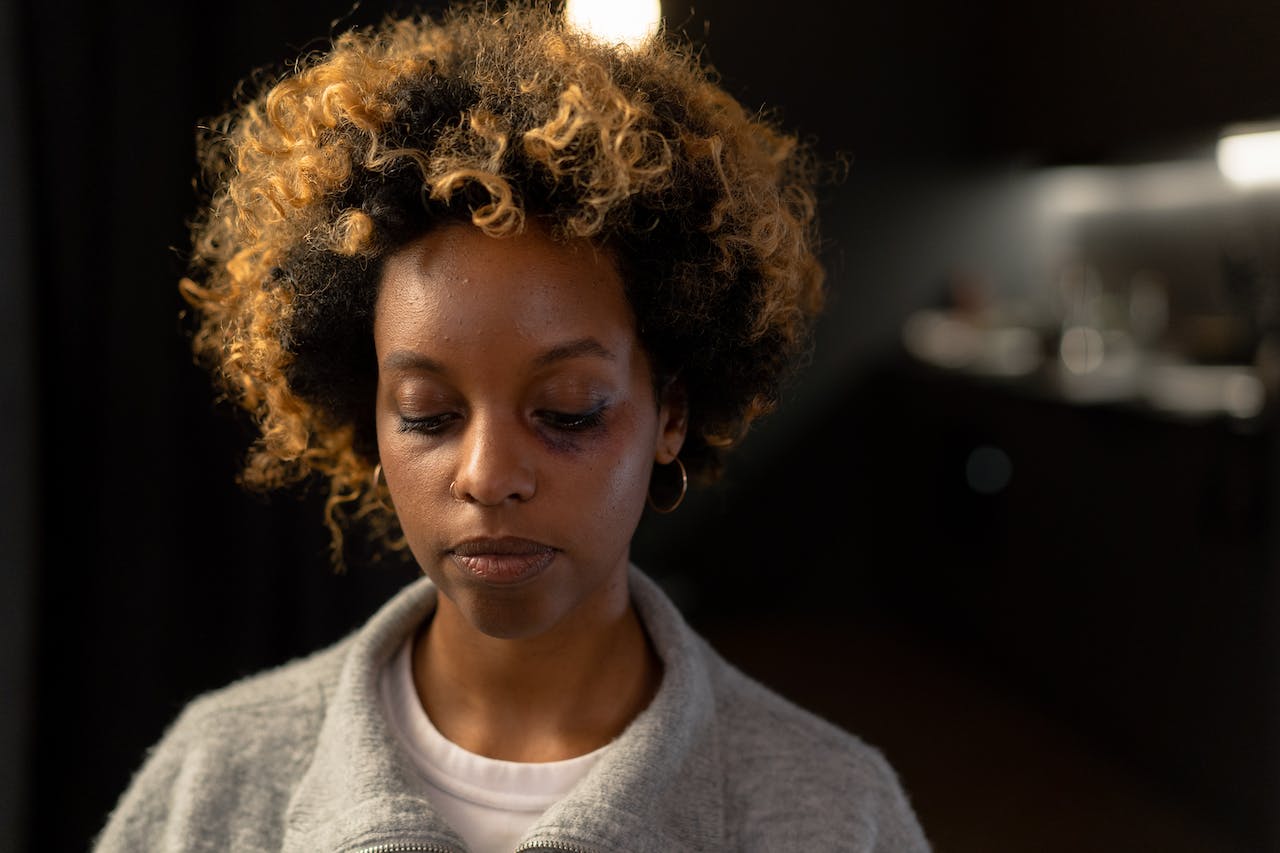February 12, 2024
A new study investigates how and why Black women are 6 times more likely to be killed than their white counterparts.
According to new data obtained from the Center of Disease Control and Prevention (CDC), Black women from ages 24 to 44 are on average six times more likely to be killed than white women nationwide. The statistic was formed from data collected across more than two decades of killings from 30 states.
The deaths, classified as homicides from shootings and other fatal acts of violence, exposed the disproportionate rate of Black women who were murdered in this capacity. The Lancet Medical Journal released a paper dissecting the revelation further, noting the systemic problem behind these female homicide rates and a critical need to address the racial inequities that led to this gap. However, the staggering difference widens between certain states, as Black women in Wisconsin are 20 times more likely to be killed, as well as methods, with heightened rates by firearm. However, the study’s authors concluded that factors derived from systemic racism are still prevalent in this regional difference.
“To obtain a more nuanced understanding, we examined statewide shifts and found that U.S. states with the greatest racial inequities in homicide rates correlate with areas of the country where there are substantial structural inequities delineated along wealth markers, namely education attainment, employment type, and status, and extreme poverty,” explained the study.
A key contributor to this increased violence against Black women was identified as intimate partner violence, with over half of all homicides of Black women stemming from this, as confirmed by the National Coalition Against Domestic Violence. The Lancet study also mentioned the “Ferguson effect” in how Black communities’ declined trust in police makes Black women less likely to seek out authorities when they are at risk. Additionally, the COVID-19 pandemic led to further social isolation and a heightening of systemic inequities that led to less resources being accessible and optimal for those in domestic violence situations.
“For every one person who’s murdered, you’ve got their family members, you’ve got their friends, you’ve got their communities who are devastated,” shared Bernadine Waller, one of the lead authors of the study. “So, if you’re looking at that through that lens, what does that mean for our Black families?”
As Black women remain critically at higher risk of death by homicide than white women, policy implementation and funding to combat these issues remain at the forefront of resolutions.
RELATED CONTENT: Black Women at Higher Risk for Uterine Cancer; Researchers Blame Chemical Hair Straighteners
Enter your Email Address below to get our fun-filled Newsletter!
© 2024 Black Enterprise. All Rights Reserved.

